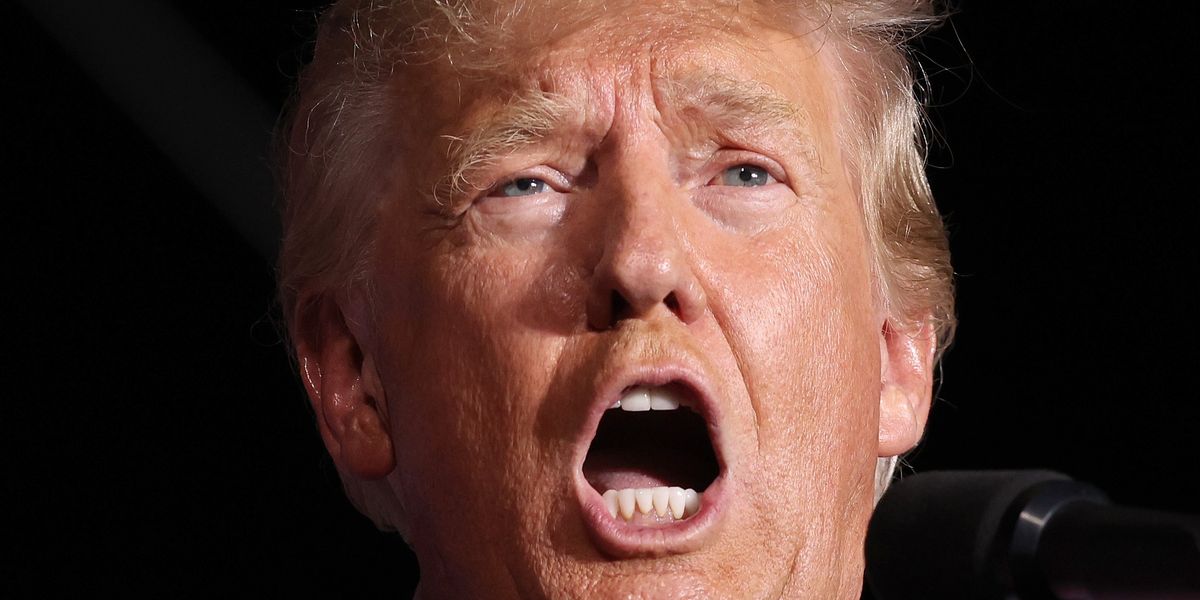Landlords in Erie County, especially in Buffalo, are more aggressive in obtaining warrants to evict tenants than almost anywhere in the state. But no one tracks how many of those warrants result in tenants being put out in the street.
Why not?
The city doesn’t keep tabs, said Herbert Bellamy Jr, the city’s chief marshal.
“We simply do not have the resources to compile that information,” Bellamy told Investigative Post in an email.
Read our original report, voted top story of 2022
The risk of eviction was a problem in the city before the COVID-19 pandemic and the numbers show it’s gotten worse. Courts in 2019 issued 4,127 eviction warrants; that number in 2022, as of Dec. 26, was 4,337.
The number for Erie County as a whole was 4,698 in 2019 and 4,582 last year.
In 2019, Erie ranked sixth among counties across the state with the most eviction warrants. Last year it ranked second, behind only Kings County, which comprises Brooklyn.
Researchers say the lack of available eviction data is detrimental to both the city’s residents and government.
“When you don't know how many renter households are being evicted every year, when you don't know where in a city those evictions are coming from, or who's filing those cases, that limits your ability to target resources or to respond to this problem in any real-time way,” said Peter Hepburn, professor of Sociology at Rutgers University-Newark and research fellow at The Eviction Lab.
Founded in 2017 by professor and author Matthew Desmond, The Eviction Lab collects and publishes national eviction data to help raise awareness of the causes and prevalence of evictions across America. Hepburn said cities with missing eviction data thwart those efforts.
“Some 2.7 million households are threatened with eviction every year,” Hepburn said. “That would have been like the worst year of the Great Recession, but it's happening every single year to renters in this country, and we don't see the national level response to that.”
While having the number of actual evictions wouldn’t solve every problem, Hepburn said, it could help city leaders assist the most-vulnerable tenants.
“With that information, you can start to move resources around as they're needed, but also potentially make interventions with landlords who are filing a lot of cases to make sure that doesn't keep happening,” he said.
Hepburn said a disproportionate share of renters threatened with eviction are Black, women and households with children, especially single-parent households.
These are the most prevalent groups in Buffalo’s eviction filings hotspots: the ZIP codes 14215 (which is 81 percent Black, 55 percent female and 62 percent households with children) and 14211 (77 percent Black, 55 percent female and 65 percent households with children), according to Census and Postal Service data.
“These are populations that have been historically marginalized and have limited resources available to them,” Hepburn said. “I think it's all too often they get further marginalized and further excluded from the political system.”
New York City is one of 31 cities The Eviction Lab tracks weekly, but Hepburn says his team hopes to get a glimpse of New York State beyond the Big Apple.
“We'd love to have a better sense of what's happening upstate and to get the rest of the picture of New York,” Hepburn said.
Meanwhile, the Buffalo Common Council on Dec. 20 heard testimony from renters and housing advocates, including members of PUSH Buffalo, who continued to advocate for adoption of a proposed Buffalo Tenant Bill of Rights.
Council President Darius Pridgen proposed a housing task force to address the concerns of both tenants and landlords.
Problem is, as some speakers noted, they’ve heard that song before.
In 2016, University District Council Member Rasheed Wyatt wrote a resolution for an Affordable Rent and Housing Task Force, which Pridgen chairs.
The Partnership for the Public Good, one of several parties Pridgen aims to recruit for the new task force, says the Council never appointed members to the first one.
Housing advocates also urged the Council to continue to push for the New York State Good Cause Eviction Bill, which would limit the circumstances under which landlords could evict tenants. The Common Council voted 5-4 in support of the bill last February, but the state Legislature didn’t act on the measure.
The post Buffalo doesn’t track actual evictions appeared first on Investigative Post.



